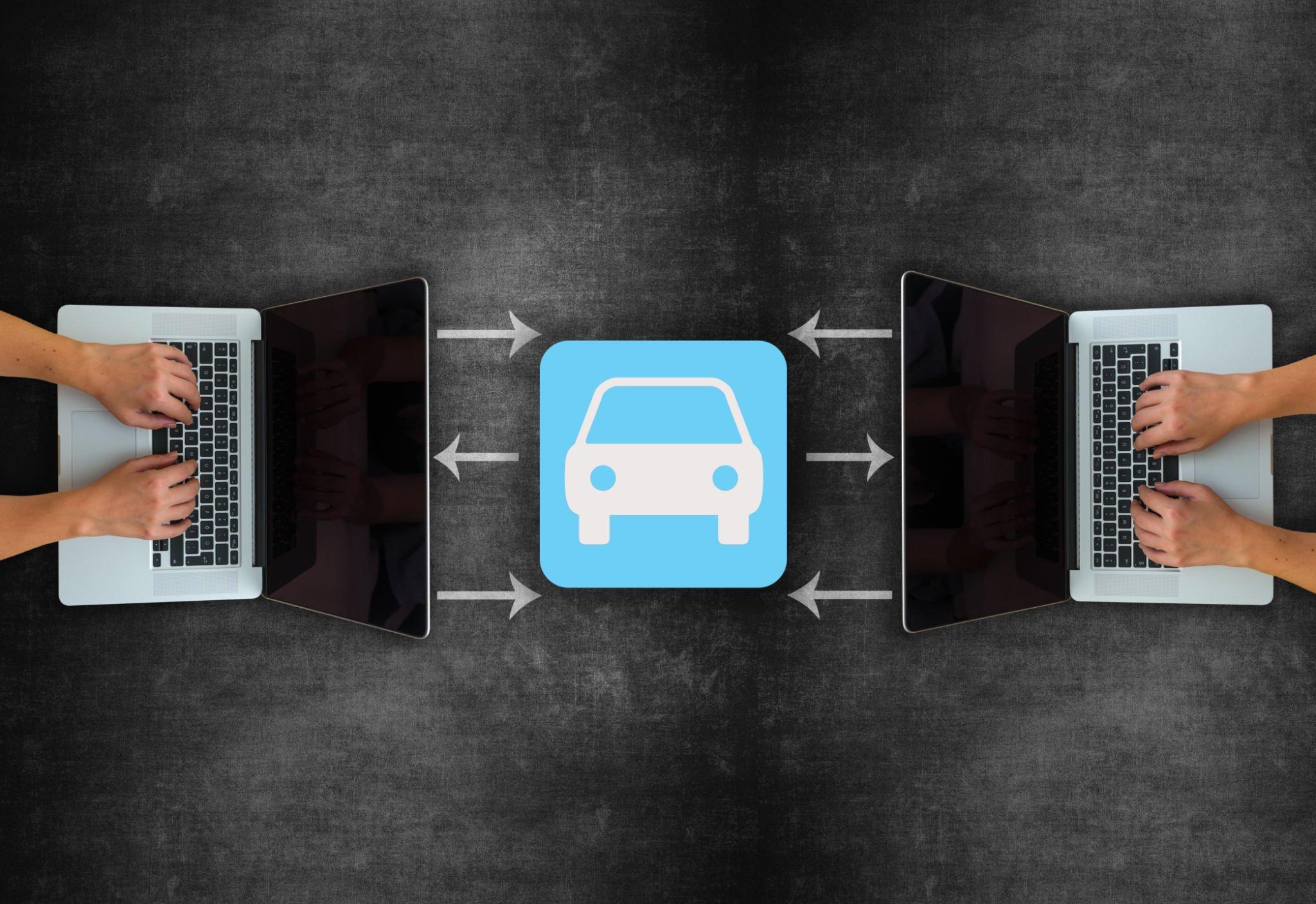
In a world where aspirations and dreams know no bounds, financial constraints often hold us back. Whether it’s pursuing higher education, starting your own business, or embarking on a dream vacation, personal loans offer a viable solution to finance your aspirations. This comprehensive guide will walk you through the intricacies of personal loans in India, ensuring that you make informed decisions while fulfilling your dreams.
Understanding Personal Loans
What Are Personal Loans?
Personal loans are unsecured loans offered by financial institutions, such as banks and credit unions, to individuals. Unlike secured loans, personal loans do not require collateral, making them a popular choice for those looking to finance various personal endeavors. These loans are versatile and can be used for a wide range of purposes, such as:
1. Education: Funding your higher education, including tuition fees, books, and living expenses.
2. Travel: Exploring exotic destinations or planning a dream vacation.
3. Business: Starting or expanding your own business.
4. Weddings: Financing the wedding of your dreams.
5. Medical Expenses: Covering unexpected medical bills or elective procedures.
6. Debt Consolidation: Combining multiple debts into a single, manageable loan.
Interest Rates and Eligibility
When applying for a personal loan in India, it’s essential to consider the interest rates and your eligibility criteria. Interest rates may be fixed or floating and can vary based on your credit score, the loan amount, and the lender’s policies. A good credit score will often result in lower interest rates, making it imperative to maintain a healthy credit history.
Eligibility for personal loans usually depends on factors like your age, income, employment status, and creditworthiness. Different lenders may have varying eligibility criteria, so it’s advisable to compare options before making a decision.

The Personal Loan Application Process
Documentation
To apply for a personal loan in India, you will typically need the following documents:
1. Identity Proof: Aadhar card, passport, PAN card, or voter ID.
2. Address Proof: Utility bills, rent agreement, or a government-issued address ID.
3. Income Proof: Salary slips, bank statements, or IT returns.
4. Photographs: Recent passport-sized photographs.
Online Application
The advent of technology has simplified the personal loan application process. Many lenders now offer the convenience of online applications, allowing you to apply from the comfort of your home. This streamlined process saves time and eliminates the need for physical visits to a bank.
Loan Approval and Disbursement
Once you submit your application, the lender will review your documents and assess your eligibility. If approved, the loan amount will be disbursed directly to your bank account. The repayment terms and the tenure of the loan will depend on the lender’s policies.
Repayment and EMI Calculations
Repaying a personal loan in India is typically done through Equated Monthly Installments (EMIs). EMI calculations consider the loan amount, interest rate, and tenure. Lenders offer the flexibility to choose a tenure that suits your financial capabilities.
Tips for Managing Personal Loan EMIs
1. Budgeting: Plan your monthly expenses to accommodate EMI payments.
2. Prepayment: Consider making partial prepayments to reduce the interest burden.
3. Auto-Debit: Opt for auto-debit of EMIs to avoid missing payments.
4. Timely Payments: Ensure you make payments on time to maintain a good credit score.
Choosing the Right Lender
With numerous banks and financial institutions offering personal loans, it’s essential to compare options and choose the right lender. Consider factors such as interest rates, processing fees, repayment terms, and customer service when making your decision.
Conclusion
Personal loans in India are a practical way to finance your dreams, whether they involve education, travel, business, or personal milestones like weddings. With careful planning, you can make the most of this financial tool to turn your aspirations into reality.






